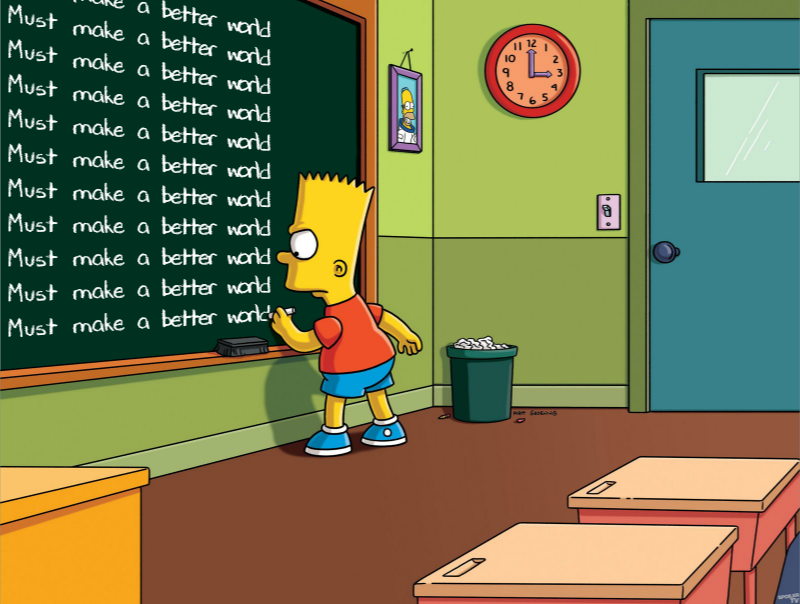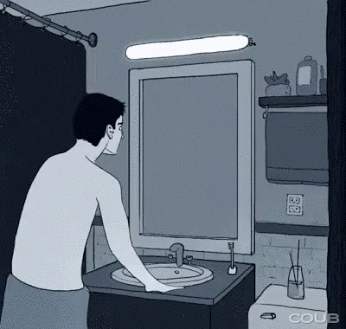 To say that 2020 has been a strange year so far would be seen by most as the understatement of the year, and yet everything that has happened has been somewhat predictable. In fact, articles written in the 1990s coming forward predicted much of it, from the pandemics to the civil unrest world wide.
To say that 2020 has been a strange year so far would be seen by most as the understatement of the year, and yet everything that has happened has been somewhat predictable. In fact, articles written in the 1990s coming forward predicted much of it, from the pandemics to the civil unrest world wide.
I could hunt for the articles online, but it’s too much trouble for a simple blog post. And, of course, we are rife with content created on predicting the future – most myopically of the near future because people want to feel comfortable about tomorrow when they are uncertain of today.
There were times I wanted to write things here about the present day, but there are more than sufficient monkeys with typewriters covering the spectrum of fear to fact. Instead, I began focusing on the background of a universe behind some of my writing that I hope to publish someday. As someone trying to do this, I will say it’s difficult to do better than what is actually happening, but at the core it’s pretty interesting so I’ll write a bit about that. After all, I haven’t published anything here for a while.
Imagining A World
 This is difficult for me, particularly since I measure what I’m trying to do by writing giants who have developed worlds that have become so long established that they are accepted as a backdrop to anything.
This is difficult for me, particularly since I measure what I’m trying to do by writing giants who have developed worlds that have become so long established that they are accepted as a backdrop to anything.
The modern elves and orcs owe much to the backdrop of J.R.R. Tolkien, as an example, and the amount of background he did was staggering. Granted, it might take him 3 pages to describe a wall, which made movies more palatable to people who can’t read anything longer than a tweet, but that level of details shows not just through his popular published works but into his less popular works – for example, the Silmarillion (Bonus: Silmarillion is free for the Kindle on Amazon at the time of this writing).
The trouble I have had with imagining this ‘new world’ has been hard for me because I’m inundated by information everyday, from the meaningless and trivial to global events no longer written as much by true journalists (just the facts) but by unrepentant opinionated writers or performers. We can argue that everything is biased, which is generally used as a binary argument (either/or), when in fact it points out that there is an issue of degree.
The trouble with the degree having increased is that the world becomes more and more narrow based on the narratives imposed across the global population – which sounds nefarious, but by itself isn’t since it is the way it has always been. Again, it’s a matter of increased degree.
And therefore, there is less space within which to imagine. So the answer is to stop watching what people choose to show us of the world and instead to seek out what we wish to see of the world. It sounds simple enough but when all the information you see is based on what is available where you are, what algorithms control it, and whether someone doesn’t want you to see it, things can get messy.
Factor in personal age, where you’re used to seeing the world in certain ways… it gets tough.
Having to throw all these things out is difficult, to say the least. To imagine a world is to re-imagine your world, and to re-imagine your world means throwing out everything so that you have the clear space for something.
And having thought through all of that, having written it, I cannot help but wonder if this should also be true of the world we know.